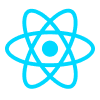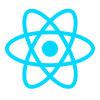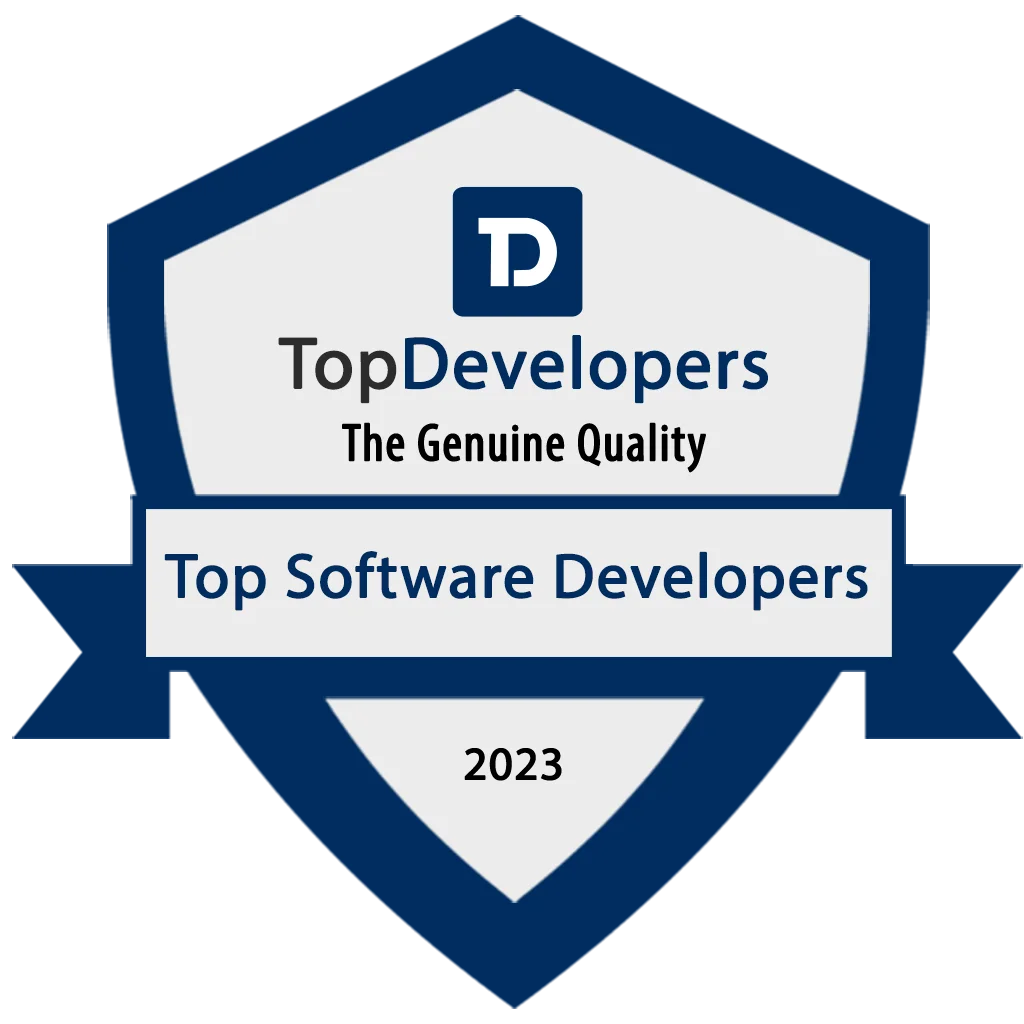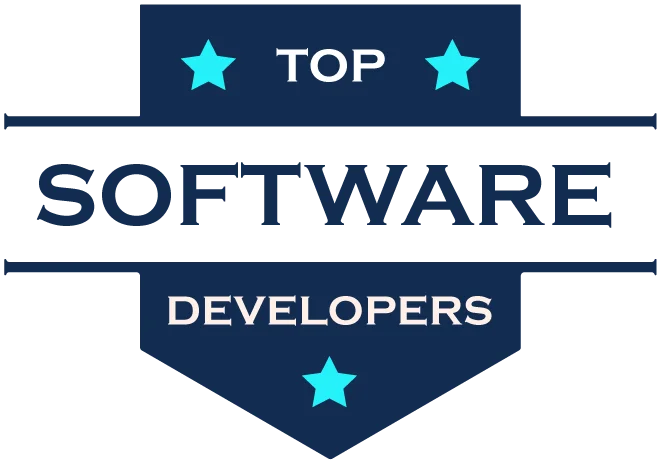Discover how AI-driven startups are revolutionizing medical innovation in health care.
What is artificial intelligence in healthcare?
Artificial intelligence (AI) in healthcare refers to the use of advanced computational algorithms and machine learning techniques to analyze complex medical data, make predictions, and assist in clinical decision-making. AI technologies enable computers to mimic human cognitive functions, such as learning from data, recognizing patterns, and making predictions, to support various aspects of healthcare delivery, including diagnosis, treatment planning, drug discovery, and patient monitoring.
In healthcare, AI algorithms can analyze diverse types of data, including electronic health records (EHRs), medical imaging scans (such as X-rays, MRIs, and CT scans), genomic data, and wearable device data.
How AI is Changing Healthcare
AI can automate some tedious tasks, or it can perform complex tasks that humans can't do alone, such as making medical diagnoses. Artificial intelligence emulates human thought processes by enabling machines to imitate human thinking.
Artificial intelligence will take over many of the most basic functions in healthcare, Like revenue cycle, billing claims processing, and other administrative work.but that doesn’t mean all jobs will go away. It will actually require us to reevaluate our roles in healthcare and find ways to improve efficiency and effectiveness through technology.
Importance of AI in the Medical and Healthcare Sectors
Artificial Intelligence (AI) is revolutionizing the medical and healthcare sectors in numerous ways, offering transformative benefits that enhance patient care, streamline operations, and drive innovation. Here are some key reasons why AI is important in these sectors:
1. Improved diagnosis and Treatment
AI-powered diagnostic systems can analyze medical imaging scans, such as X-rays, MRIs, and CT scans, with greater accuracy and speed than human radiologists. AI algorithms can detect patterns, anomalies, and early signs of diseases, leading to earlier diagnosis and more effective treatment options.
2. Personalized Medicine
AI enables the development of personalized treatment plans tailored to individual patient characteristics, including genetic makeup, medical history, and lifestyle factors. By analyzing large datasets and predicting treatment outcomes, AI helps clinicians make more informed decisions and optimize patient care.
3. Predictive Analytics and Risk Stratification:
AI algorithms can analyze patient data, including electronic health records (EHRs), lab results, and vital signs, to identify patterns and trends associated with disease progression, complications, and patient outcomes. This enables healthcare providers to proactively intervene, manage risks, and prevent adverse events.
4. Drug Discovery and Development
AI accelerates the drug discovery process by analyzing vast amounts of biomedical data, identifying potential drug candidates, and predicting their efficacy and safety profiles. AI-driven approaches, such as machine learning and virtual screening, enable researchers to explore novel therapeutic targets and expedite the development of new treatments.
5. Remote Patient Monitoring:
AI-enabled wearable devices and remote monitoring technologies enable continuous monitoring of patient health metrics, such as heart rate, blood pressure, and glucose levels.
Top AI Healthcare Startups
1. Babylon Health
This is a UK-based company that uses artificial intelligence (AI) to provide virtual healthcare consultations. Their app allows patients to speak directly to doctors or nurses, obtain prescriptions, book appointments, and more.
2. Freenome
An AI-powered company from the US that analyzes blood tests for early signs of illness discovery, with their innovation able of spotting cancer, heart malady, and other conditions five a long time some time recently conventional strategies. Having raised over $1.1 billion in subsidizing alone and esteemed at $5 billion+; Freenome has raised an amazing add up to of over $2.1 billion in general.
3. Olive AI
Hospitals and insurers can save time and money with Olive AI’s AI-powered automation of healthcare administration chores, including claims processing and prior authorizations. Olive AI is situated in the US. They are worth over $2 billion and have received more than $902 million in investment.
4. Brainsight AI
BrainsightAI is a health tech company that has made it to the list of top startups in India. It leverages AI and ML for brain mapping to diagnose and predict neurological and psychiatric problems. By merging artificial intelligence and neuroscience, BrainSightAI enables higher precision in detecting these disorders with high levels of accuracy. Their MRI-based SaaS platform offers greater precision in neurological and psychiatric investigation.
5. Insitro
Utilizing machine learning to filter through millions of potential candidates, the American pharmaceutical revelation and improvement stage Insitro employments counterfeit insights to speed up sedate inquire about and advancement. At their display valuation, which surpasses $1 billion, they have gathered around $743 million from speculators.
What are the benefits of AI in healthcare?
1. Diagnosis
AI-powered systems can analyze medical data such as imaging scans, genetic information, and patient records to assist healthcare professionals in diagnosing diseases more accurately and quickly.
2.Reduced costs and increased speed
Regarding speed and cost, AI has changed the game from patient examination to diagnosis. Healthcare processes are faster and cost a fraction of what they once were because of artificial intelligence algorithms.
3. human abilities and improving mental health
Robots are now helping medical staff assist patients. Robotic exoskeletons can, for example, help paralyzed people regain their mobility without the help of caregivers. In the same way, smart prostheses powered by AI feature sensors offer a more reactive response than traditional prostheses. Using machine learning services robots can handle daily tasks and keep patients company.
4. Operational Efficiency
AI-powered tools can automate administrative tasks, optimize workflow processes, and improve resource allocation, freeing up healthcare professionals' time and reducing operational costs.
Future Healthcare AI Trends and Predictions
Forecasting Medical Treatment
Algorithms that use patterns in patient data to anticipate possible health problems before they become critical will be a big part of AI’s predictive healthcare. Healthcare systems would experience less strain, and patient outcomes would improve due to this shift toward preventative care.
precision Medicine
AI will play a pivotal role in advancing precision medicine by analyzing genomic data, biomarkers, and clinical variables to tailor treatment plans to individual patient characteristics. AI-driven predictive models will identify optimal treatment.
Personalized Drug Development
Because AI can process complicated biological data more rapidly, allowing for more tailored and effective medication treatments while decreasing the time and money needed to bring new medications to market.

























